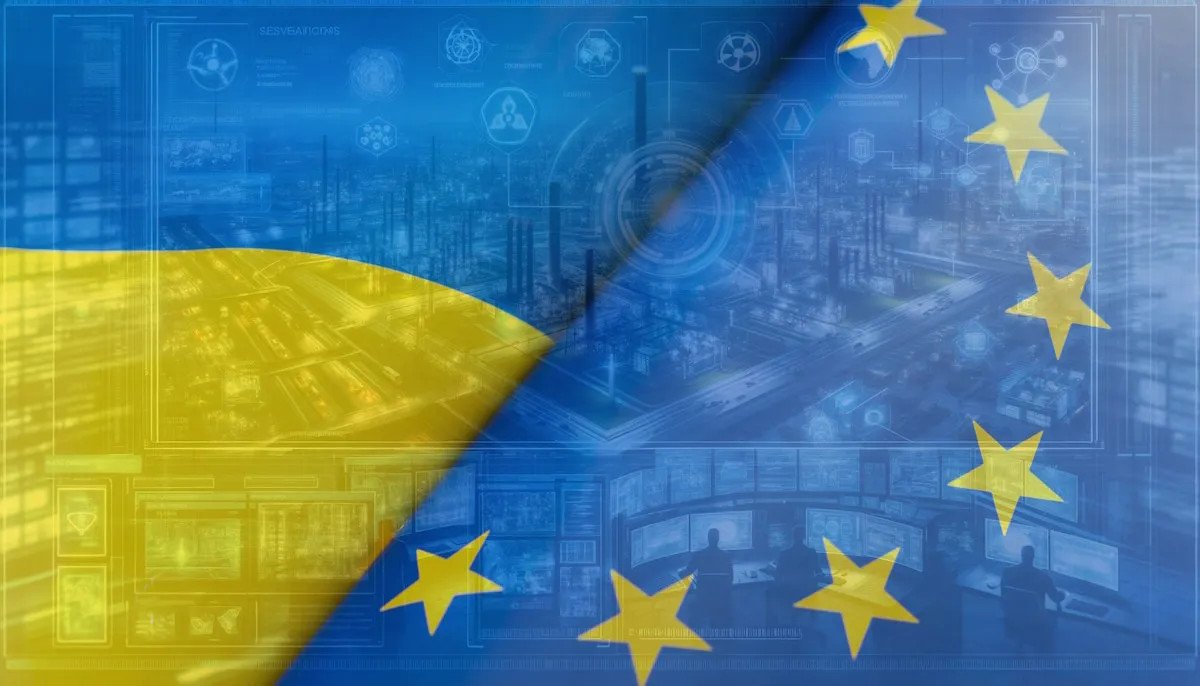Hungary and Slovakia are again pressuring the European Union as the bloc prepares to extend sanctions against Russia, exploiting the unanimity rule that requires all 27 member states to agree. On September 15, 2025, the current term of individual sanctions targeting Russian individuals and entities linked to the war against Ukraine is set to expire. While these restrictive measures are normally renewed every six months by the Council of the EU, both Budapest and Bratislava are threatening to block the decision unless their demands are met, a move other members see as political blackmail tied to their close economic ties with Moscow. The sanctions contre Moscou remain a key instrument of pressure in response to Russia’s aggression.
Demands to lift sanctions on Russian businessmen
According to reports from EU institutions, Hungary is pushing to remove four Russian individuals from the sanctions list, while Slovakia is seeking the delisting of two others. The targeted businessmen were not sanctioned for questionable economic activity but for actions undermining Ukraine’s sovereignty and territorial integrity. Their inclusion on the list was meant to penalize and deter those directly enabling Russia’s war effort. EU diplomats stress that giving in would weaken the credibility of the bloc’s collective response to Moscow.
Previous concessions to Budapest
This is not the first time Budapest has held up the process. In March 2025, at Hungary’s insistence, the EU was forced to remove former EuroChem CEO Vladimir Rashevsky, Gulbahor Ismailova — sister of oligarch Alisher Usmanov, businessman Vyacheslav Moshe Kantor, and Russia’s Sports Minister Mikhail Degtyaryov from the sanctions list in order to secure renewal for more than 2,400 other individuals. In earlier cases, Hungary also shielded senior clerics of the Russian Orthodox Church — including Patriarch Kirill, Metropolitan Hilarion of Budapest, and Metropolitan Tikhon of Crimea — from restrictions despite their open support for Russia’s invasion.
Pattern of obstruction and economic ties
Both Hungary and Slovakia have repeatedly questioned the effectiveness of EU sanctions, often citing energy and trade concerns. Hungary maintains extensive economic cooperation with Russia, particularly in natural gas, oil and nuclear energy. Slovakia, though less dependent, has signaled reluctance to sever business ties with Moscow. EU officials argue that such tactics amount to political leverage, where Budapest and Bratislava use their veto power to extract economic or political concessions at the expense of collective unity.
Calls for reform of decision-making
The repeated deadlocks have revived debate in Brussels on whether the EU should abandon the unanimity principle in sanctions policy in favor of qualified majority voting. Proponents argue that such reform would prevent single member states from blocking decisions vital to the bloc’s security and foreign policy credibility. For now, EU leaders face yet another test of cohesion as the September deadline approaches, with Ukraine’s sovereignty and the credibility of Europe’s sanctions regime hanging in the balance.EU, Hungary, Slovakia, sanctions, Russia, Ukraine, energy,










